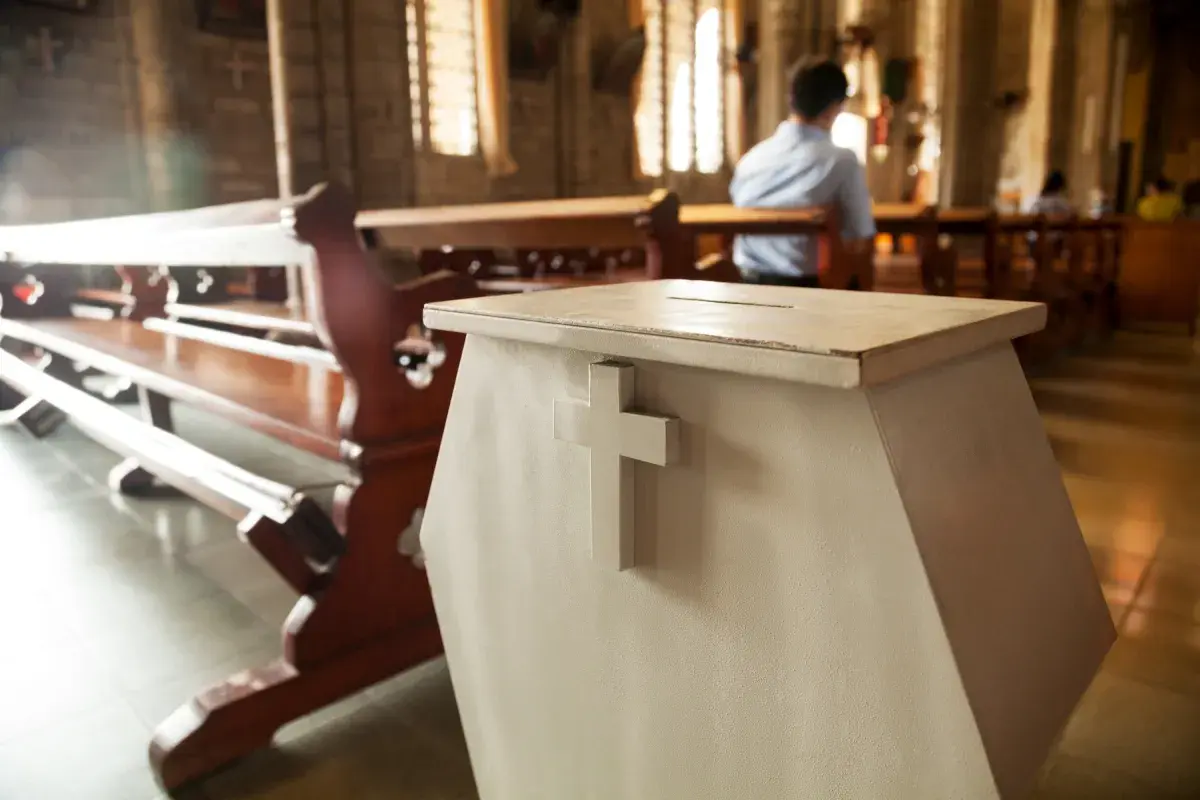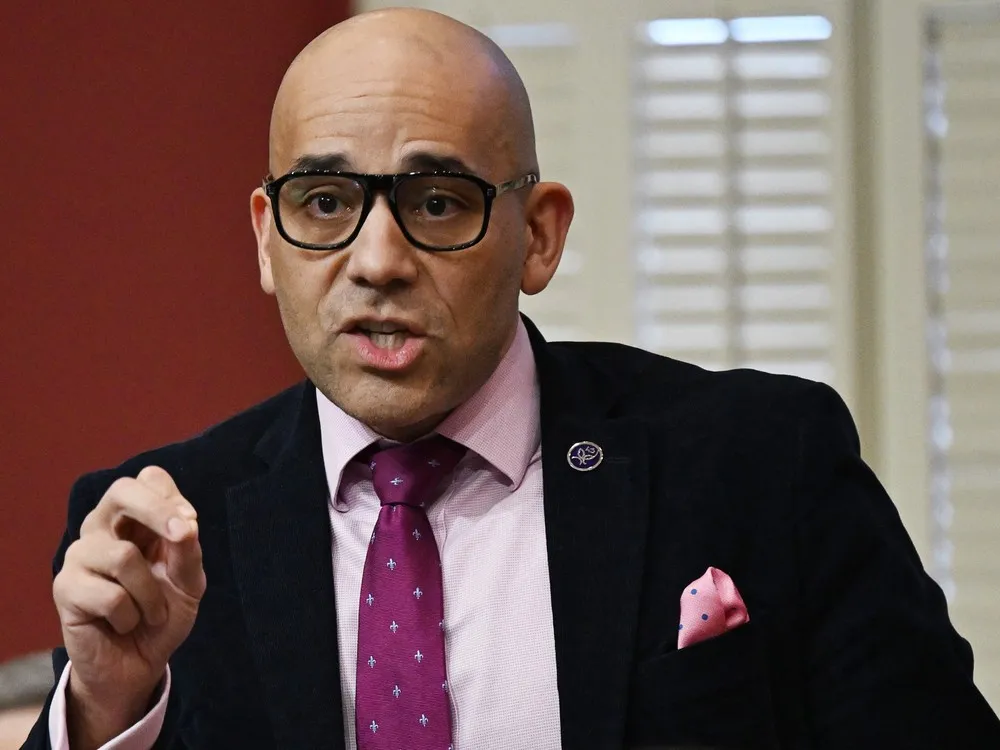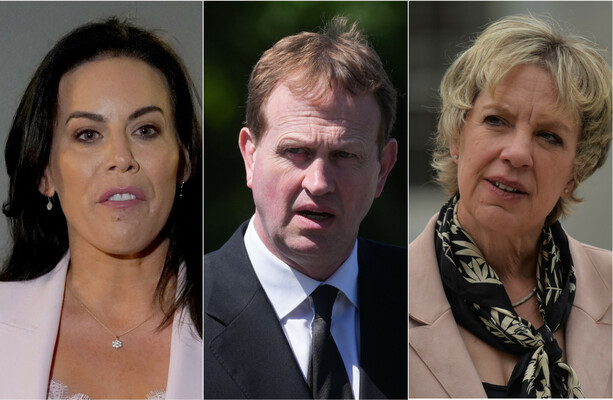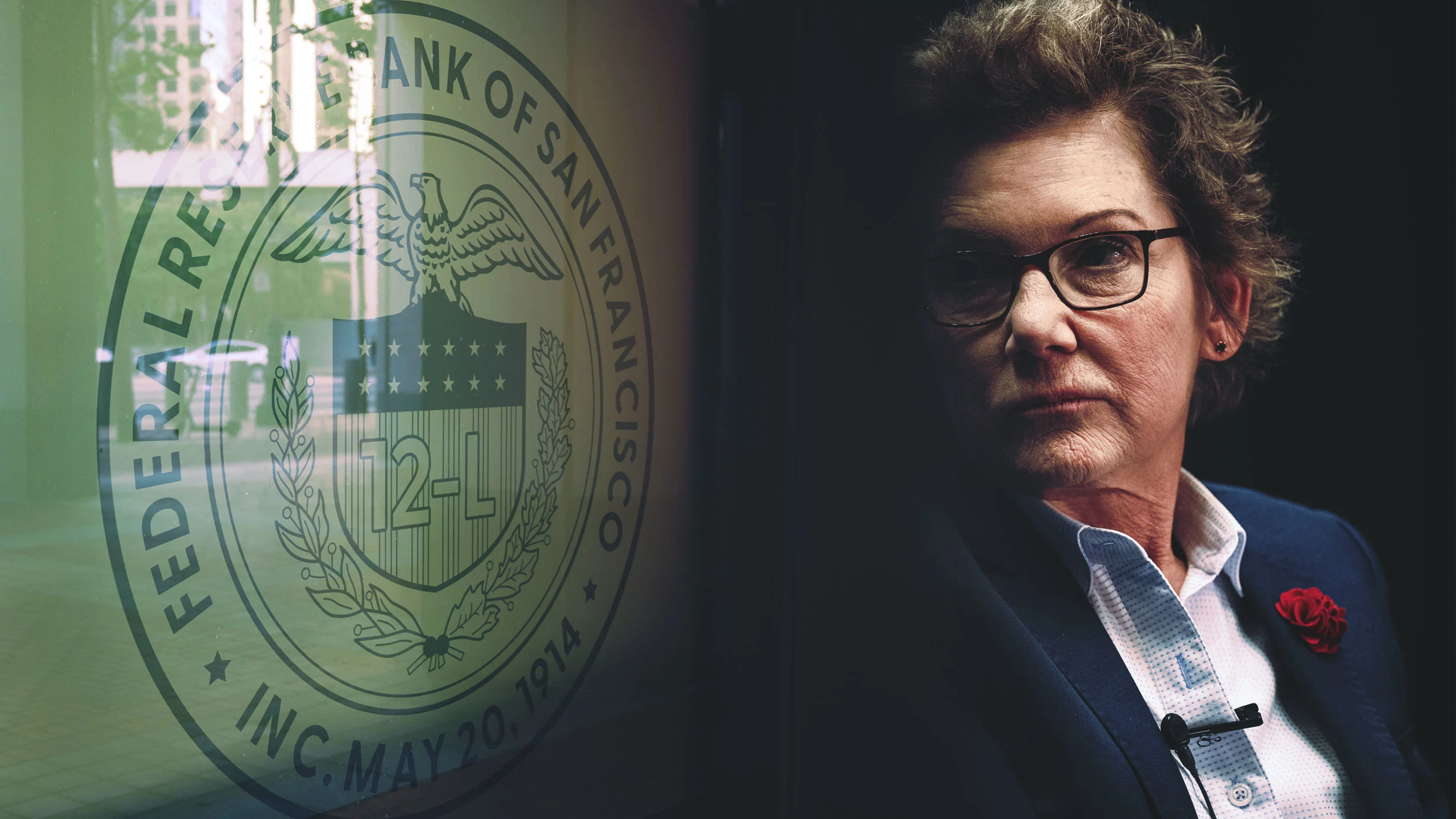Copyright Newsweek

There has been a recent, but sharp, uptick in the proportion of U.S. adults who say that religion is gaining influence in American life, according to new insight from Pew Research Center. This shift could largely be influenced by President Donald Trump's election, and in turn, a Republican win in a national election, due to the importance placed on religion by both the president and the party, highlighted recently in his guidance on religious prayer in schools among other related policies. Similar findings were also reported by polling organization Gallup earlier this year—which found that 34 percent of U.S. adults believe religion is increasing its influence in American life, up from 20 percent a year ago. Why It Matters The findings indicate a clear shift in views on religion in America. Previously, there has been a notable decline in religious affiliation, as shown in the Pew Research Center's Religious Landscape Study. Although, this decline began to taper off around the 2023 to 2024 time period, suggesting a stabilization of the trend, and now the center's new findings indicate that there could be a shift happening in American society as more adults believe religion is gaining influence. What To Know In Pew Research Center's February 2024 poll, 18 percent of U.S. adults said religion was gaining influence in American life—the lowest proportion in two decades. A year later, in February of this year, the center found that figure jumped to 31 percent—the highest level in 15 years. A significant majority of Americans still say that religion's role in society is declining, but the number that hold that view fell from 80 percent in 2024 to 68 percent in 2025. These trends were visible across both Democratic and Republican demographics. This also correlates with an increase in the number of Americans who hold a positive view of religion. In September 2022, 49 percent expressed a positive view of religion’s influence on American life, but in 2024, that figure was 57 percent, and in 2025, 59 percent. Republicans were found to be around twice as likely as Democrats to have a see religion in a positive light. Meanwhile, those holding the view that either "religion’s influence is growing and this is bad," or that "religion’s influence is declining and this is good," broadly decreased. In September 2022, that figure was 26 percent, and then 19 percent in 2024, and 20 percent in 2025. The findings also show that the majority of Americans—58 percent in 2025—say there is either great deal or some conflict between their religious beliefs and mainstream American culture. Mike Hout, a professor of sociology at New York University, told Newsweek that it was likely the case that politics had a role to play. "Religion feels ascendant when Republicans win national elections," he said. "It’s no accident that the last time religion seemed ascendant, to both religious and secularly inclined Americans, was when Bush won a majority in 2004." He said Republican administrations "tend to be more overtly interested in the agenda Evangelicals and Catholics care about," while "Democrats in general and the [Joe] Biden administration in particular may practice a faith but express their goals in secular terms." The findings were based on two waves of Pew Research Center’s American Trends Panel, with one conducted February 3 to 9, 2025, and another conducted May 5 to 11, 2025. A total of 9,544 Americans responded out of 10,594 who were sampled. What People Are Saying Mike Hout, a professor of sociology at New York University, told Newsweek: "The results show that Americans do a fairly good job of tracking the relative emphases of changing administrations. I don’t think the results say much about day-to-day behavior of religious or secular Americans. The questions ask them about the society in general and the tone of the times shifts when the majority swings one way or the other." Christian Smith, a professor of sociology and director of the Center for the Study of Religion and Society at the University of Notre Dame, told Newsweek: "It’s a bump driven by Trump’s reelection and people’s awareness of the conservative religious part of his political base." What Happens Next It is not yet clear whether this trend will continue to go up or stabilize in the coming years.



